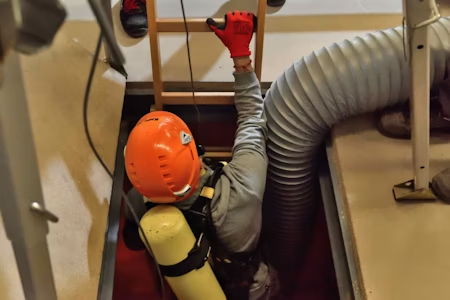- Business Advice
Business Advice
Blog articles
(194)Blog
 Peninsula Team Peninsula Team
Peninsula Team Peninsula Team- Business Advice
Blog
 Peninsula TeamPeninsula Team
Peninsula TeamPeninsula Team- Business Advice
Free downloads
(5)Free Download
UK Employer Confidence Index 2025 Survey
Peninsula Group has conducted an annual survey of 79,000 businesses across Australia, Canada, Ireland, New Zealand, and the UK, to understand business sentiment and identify the latest trends.
 Peninsula Team Peninsula Team
Peninsula Team Peninsula Team- Business Advice
Free Download
Our services brochure
We help more small businesses in the UK than anyone else, taking care of the details and leaving you free to see the big picture.
 Peninsula Team Peninsula Team
Peninsula Team Peninsula Team- Business Advice
Free Download
Anti-Bribery and Corruption Policy Template - Free Download
Establishing an anti-bribery and corruption policy is one of the major ways you can prevent it from arising in your business.
 Peninsula GroupHR and Health & Safety Experts
Peninsula GroupHR and Health & Safety Experts- Business Advice
Free Download
Trade Union Developments
This employment law guide explores the key features of the Trade Union Bill and offers guidance on how to avoid common pitfalls.
 Peninsula GroupHR and Health & Safety Experts
Peninsula GroupHR and Health & Safety Experts- Business Advice
Free Download
Sample Severe Weather & Travel Disruption Policy
Download a sample of our severe weather & travel disruption policy
 Peninsula GroupHR and Health & Safety Experts
Peninsula GroupHR and Health & Safety Experts- Business Advice
- Business Advice










